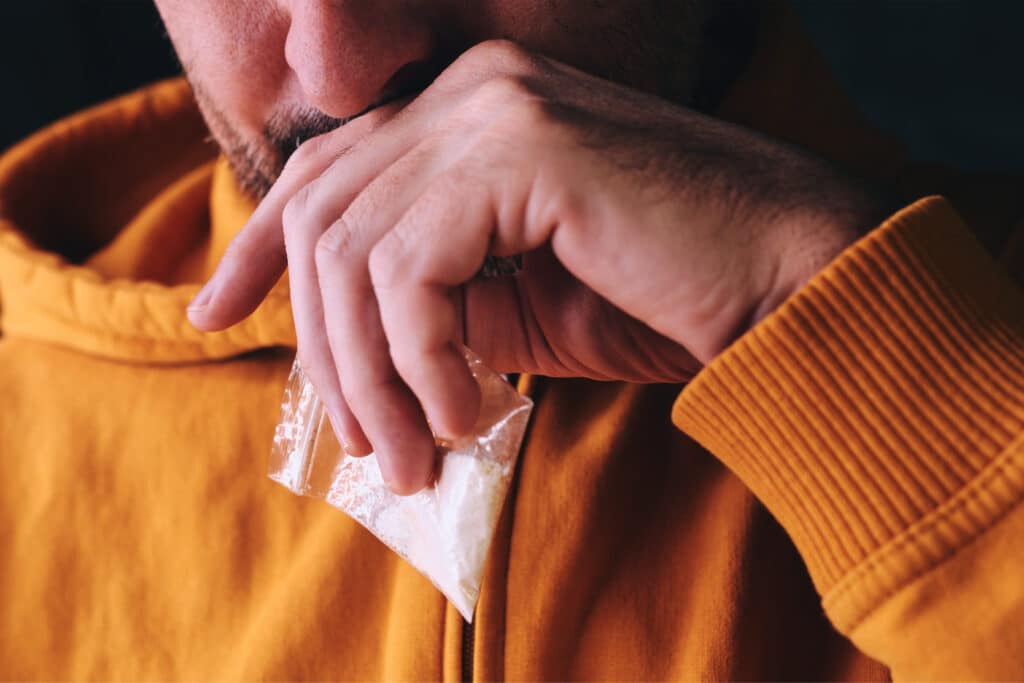The question of whether drug addicts are victims is a complex and nuanced topic that involves considerations of personal choice, societal factors, and the impact of addiction on individuals. While the concept of victimhood might not apply universally to all cases of addiction, it’s important to delve into the underlying factors that contribute to substance abuse and explore the various perspectives surrounding this issue. In this blog, we’ll explore the different angles of this question and shed light on the intricate nature of addiction.
The Interplay of Personal Choice and External Factors
At the heart of the debate lies the interplay between personal choices and external factors that influence the development of addiction. It’s crucial to recognize that not all individuals who experiment with drugs become addicts. While personal choices play a role in initial substance use, factors such as genetics, environment, mental health, and social influences can greatly contribute to the transition from experimentation to addiction.
Societal Factors: A Lens of Victimhood
Society’s role in the addiction landscape is undeniable. Many argue that systemic issues like poverty, lack of access to education, and limited mental health resources can create an environment where addiction thrives. In such cases, individuals might be considered victims of circumstances beyond their control. Economic disparities, trauma, and social isolation can increase susceptibility to substance abuse, shifting the narrative towards viewing addicts as victims of systemic failures.
Mental Health and Self-Medication
Another angle to consider is the relationship between addiction and mental health. Individuals battling with mental health disorders might turn to substances as a form of self-medication, inadvertently exacerbating their struggles. In these cases, one could argue that addicts are victims of their own mental health challenges, seeking relief through substances due to a lack of proper support and coping mechanisms.
The Influence of Genetics
Genetics can also play a significant role in an individual’s predisposition to addiction. Some individuals might have a genetic makeup that makes them more susceptible to developing substance dependence. In such cases, they could be seen as victims of their genetic inheritance, facing an increased risk that is beyond their immediate control.
Personal Responsibility and Agency
On the other hand, some argue that the concept of victimhood overlooks personal responsibility and agency. While external factors might contribute to initial substance use, the decision to continue using drugs ultimately rests with the individual. Advocates of this viewpoint emphasize the importance of accountability in overcoming addiction. They believe that acknowledging one’s role in the addiction process is essential for effective recovery.
Recovery and Empowerment
The journey to recovery can shed light on the intricate dynamics of addiction. Many individuals who have overcome substance abuse emphasize the importance of taking control of their lives, seeking treatment, and making conscious efforts to break free from the cycle of addiction. This perspective aligns with the idea that individuals are not solely victims, but they also possess the strength and agency to reclaim their lives.
Shifting the Discourse: From Victim to Survivor
Perhaps a more inclusive perspective is to view those struggling with addiction not solely as victims, but as survivors. This acknowledges the challenges they face while also recognizing their capacity for resilience and growth. This shift in discourse can empower individuals to seek help, make positive changes, and redefine their identities beyond the constraints of addiction.
The question of whether drug addicts are victims is a multifaceted inquiry that doesn’t have a one-size-fits-all answer. The complexities of addiction encompass personal choices, societal factors, genetics, mental health, and more. While some cases might align with the victim narrative due to external circumstances, others emphasize the importance of personal agency and accountability in the recovery journey. By understanding the intricate dynamics of addiction, we can move towards a more compassionate and holistic approach that supports individuals in their pursuit of recovery and well-being.








